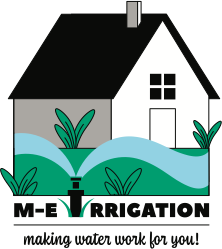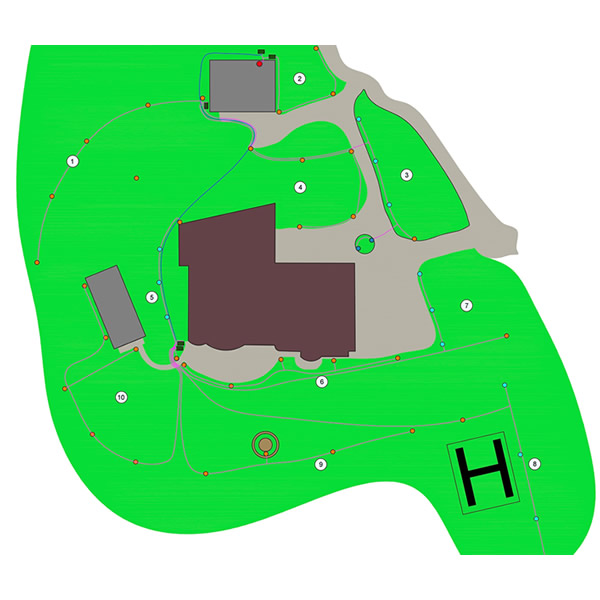
Boreholes
In East Anglia we are lucky that we are literally floating on water. The depth, quality and availability of this water varies greatly.
We use our experience, published material and the advice of professionals to ascertain the likely depth of a usable supply of water. Boreholes are mainly drilled into the sands and gravels or into the chalk. Bore hole drilling is still drilling into the unknown due to variable geology.
We quote a depth and in most circumstances we can keep to this quotation, in some circumstances the depth may have to be increased to ensure the yield we require is available.
Quantity and quality of water. We can guarantee that we will find water, we cannot guarantee the quantity and quality.
Once a suitable quantity of water is “yielding” from the borehole a pump matched to that quantity will be installed. Often, we are not removing the maximum yield from the borehole.
Quality. After drilling a sample will be taken for analysis of the chemical composition of the water. Our quotations for further action after the drilling, irrigation systems etc. could be subject to alteration depending on the analysis.
Very rarely will the water be suitable for human consumption (potable) unless further treatments are undertaken. If required to be drunk, even if the bacteria levels are non-existent, we would still install a Ultra Violet unit for certainty and to reduce the requirements for further testing. Treatment for drinking water can be supplied on request. The chemical composition can change over time.
Quality for irrigation is normally good, the main problem being iron. This, in most circumstances, is not a problem for gardeners, landscapers or sports facilities, especially turf, iron staining can occur on leaves of shrubs and on hard landscaping. We alleviate this by accurate positioning of the sprinklers and using drip irrigation. In very rare circumstances the levels of Iron can block drip irrigation pipes. If the levels of Iron are very high we would have to treat the water and then store it in a tank before use on the garden. In commercial situations (Nurseries, garden centres, glasshouses) Iron can be a problem in propagation situations and in growing on when water staining can occur on the leaves, the results of the analysis would be discussed with the client as to the best way to proceed.
The Law and Boreholes
As long as no more than 20 cubic metres a day is extracted no licence is required.
Over 20 cubic metres a day a licence is required. These are now very restricted and we would always get a specialist advisor in to carry out this process.
If the borehole is to provide potable water to anything but a single private dwelling then this must be registered with the Local Authority. The quality of this service varies according to the Local Authority. Contact the environmental department of your Local Authority or check on line.

